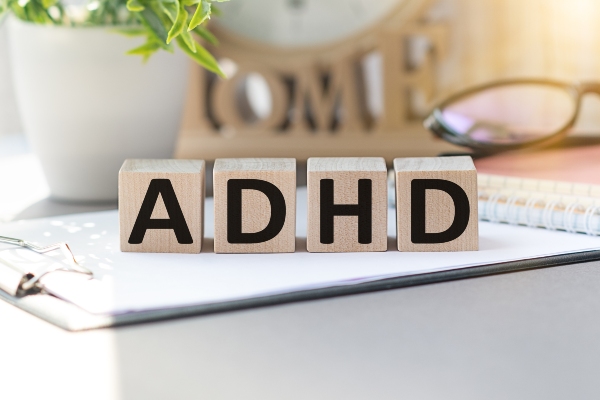The Facts and Myths About Ketamine for Depression

The use of ketamine for depression is becoming popular, especially among patients who have tried several medicines without significant improvements. Read on to learn about ketamine as a treatment. According to the National Institute of Mental Health, nearly 14 million Americans suffer from depressive symptoms each year. Unfortunately, many individuals who seek therapy never recover or find relief from their severe or chronic depression. There have been several myths about ketamine, and this article aims to counter those myths with the truth.
Myths and facts about ketamine for depression
The following are some of the myths and the truth about ketamine for depression:
Myth: Ketamine is a horse tranquilizer
The truth is that ketamine is used as an anesthetic in veterinary procedures in the same manner as in human medicine. The distinction is that the dosages given to bigger animals are far higher than those given to people for mental health therapy. Therefore, when ketamine is called a “horse tranquilizer,” it brings up images of potentially lethal medication. However, ketamine is not just used on horses — it is used on a wide range of animals, and the animal’s size determines the dosage.
Myth: Ketamine use can cause addiction
Another popular misconception about ketamine is that it will lead to addiction. While ketamine is not physiologically addictive, when it is abused for recreational purposes, it can be psychologically addictive. It is, however, safe when given by a medical professional in a supervised setting. Patients who get ketamine for depression will be given safe doses, and the therapy will be provided by a medical professional.
Myth: Ketamine poses a risk to the human body
There is a misconception that ketamine treatments are hazardous to your health because of the dangers of recreational ketamine use. When high dosages of ketamine are used in dangerous circumstances, the drug’s adverse effects, such as loss of consciousness and psychosis, occur. However, when patients are given ketamine infusions for depression by experienced healthcare professionals, these dangers are not present.
Myth: Ketamine treatment is painful
Ketamine treatments are given as an IV infusion, so there is no discomfort. Pre-infusion uneasiness and needle anxiety are the most common forms of pain reported by patients. If the patient is uneasy around needles, they can bring some headphones and some calming music for relaxation. During the treatment, the doctor will monitor and care for the patient to keep them safe and comfortable. There may be slight dizziness afterward, though this varies from patient to patient.
The bottom line
Infusions of ketamine are a game-changing therapy for depression. With ketamine therapy options, doctors have recorded remarkable results with patients suffering from treatment-resistant depression. However, it is critical to educate individuals about the hazards and benefits of ketamine usage and misuse. By dispelling the myths surrounding it, more patients may be able to benefit from this therapy option. Contact us today to learn more about ketamine for depression.
Get more information here: https://mb.futurepsychsolutions.com or call Future Psych Ketamine Clinics at (843) 788-9718
Check out what others are saying about our services on Yelp: Read our Yelp reviews.
Recent Posts
Major depressive disorder treatment plans offer a structured and innovative approach to alleviating the burdens of depression. As mental health care evolves, new methods have gained recognition for their effectiveness in treating symptoms of this mental health condition. Knowing what to expect from these treatment plans can help create realistic expectations and improve your overall…
Attention-deficit/hyperactivity disorder (ADHD) is a neurodevelopmental disorder that affects millions of people worldwide. Common symptoms of ADHD include the inability to pay attention, acting impulsively, and having uncontrollable energy. ADHD significantly impacts how a person goes about their daily life. Fortunately, many treatment options are available to manage ADHD symptoms and improve overall functioning.Prescription medication…
Attention-Deficit/Hyperactivity Disorder (ADHD) is a neurodevelopmental disorder affecting children and adults. Fortunately, there are many ADHD treatments available. Early diagnosis and treatment are crucial for managing symptoms and improving quality of life. Whether you or a loved one is living with ADHD, it is important to understand multiple treatment options exist.The diagnosis of ADHD involves…
In recent years, ketamine treatment has emerged as an innovative therapeutic option for patients grappling with various mental health disorders, providing new hope where conventional treatments have fallen short. Initially known primarily as an anesthetic agent, ketamine's application within psychiatry has transformed mental health care significantly, particularly for those suffering from severe, treatment-resistant conditions.Ketamine functions…


